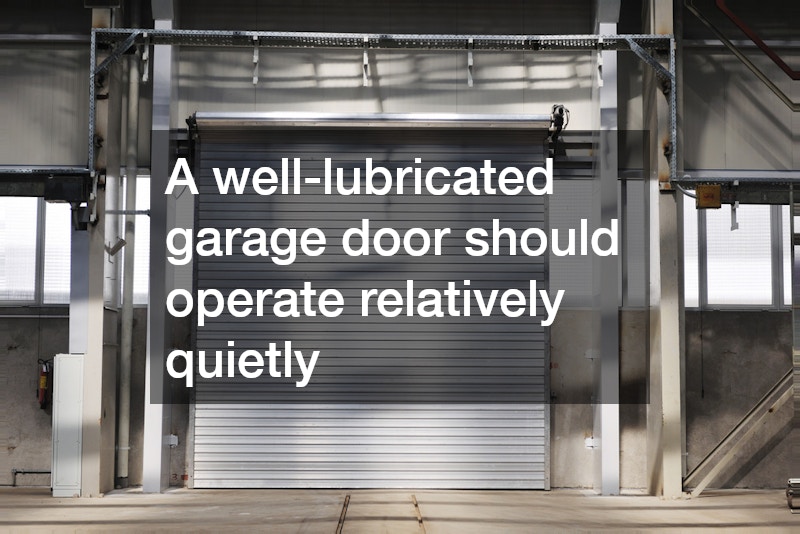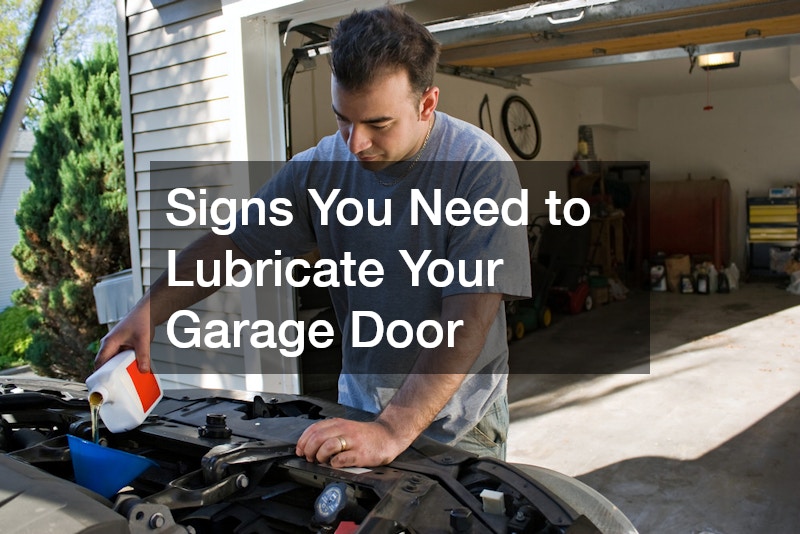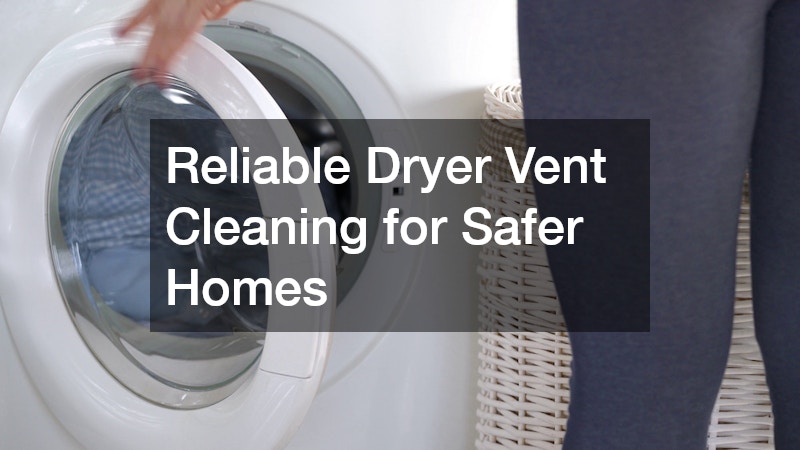Garage door maintenance is often overlooked by many homeowners. However, when your garage door starts acting up, the causes can be as simple as insufficient lubrication. This article will guide you through identifying the signs that indicate your garage door may need a little bit more T.L.C.—in the form of proper lubrication.
Unusual Noises and Squeaks
A well-lubricated garage door should operate relatively quietly, only producing minimal noise. However, if you start noticing excessive squeaking or grinding sounds, it’s a telltale sign that some components are not adequately lubricated. The noise usually originates from metal parts rubbing against each other, generating unwelcome friction. These sounds can become particularly loud during cold weather when the metal contracts. Recognizing and resolving these noises early can help prevent more extensive garage door repairs.
Strange noises from your garage door can cause not only irritation but also signal impending problems. Persistent squeaks could indicate that the moving parts such as hinges, rollers, and tracks lack adequate lubrication. When left unattended, these noises may escalate, leading to the rapid wear and tear of essential components. Regular application of a high-quality lubricant can mitigate these disruptive sounds. Thus, if your doorway is noisy, give your garage a thorough examination and lubricate it accordingly.
It’s crucial not to ignore these noises, as they are more than just annoying—they’re a cry for help from your garage door. Without sufficient lubrication, the friction can cause damage over time, potentially leading to costlier garage door repairs. Rather than turning up the radio to avoid the noise, address the root issue by lubricating the necessary parts. Doing so helps prevent premature component failure and ensures the smooth operation of your garage door. Always choosing the right type of lubricant is key; lithium-based or silicone spray lubricants are generally recommended.
Slow or Jerky Movement
Another indication that your garage door may require lubrication is its movement. If you notice that the door opens or closes more slowly than usual, it might be time to bring out the lubricant. Sometimes, the door might even exhibit jerky movements rather than gliding smoothly along its tracks. These inconsistencies typically occur when the rollers or tracks become dry. Applying lubricant can restore their optimal functionality.
Operating a garage door should be a seamless experience, typically without interruptions or stutters. If your door is hesitating mid-cycle, it could be due to dry or misaligned parts in desperate need of lubrication. By lubricating the rollers and the tracks, you ensure that all components work in harmony, minimizing resistance. As a result, the action becomes fluid, and the strain on your garage door opener is reduced. This simple maintenance task not only enhances performance but also extends the lifeline of your garage door system.
Addressing slow or jerky movements isn’t just about convenience; it’s also a measure of long-term efficiency. Ignoring these signs can result in increased wear, shortening the lifespan of your garage door mechanism. The longer these problems are ignored, the sooner you might find yourself arranging for more significant garage door repairs. Therefore, periodic lubrication is an invaluable part of maintaining the overall health of your garage door system. Remember, proactive maintenance is always more cost-effective than reactive repairs.
Visible Rust or Wear
Visible signs of rust or wear on your garage door components suggest a dire need for lubrication. Rust typically forms on metal parts that haven’t been properly maintained, especially in moist or humid environments. Once rust sets in, it can compromise the structural integrity of certain parts, speeding up the wear process. If you observe rust, it’s essential to remove it before applying new lubricant. This will ensure that the lubricant can effectively penetrate the metal and protect it from further corrosion.
Lack of lubrication leads to increased friction, which accelerates wear and tear on crucial components like springs and rollers. As these parts degrade, they might develop small fissures or completely break, leaving you no choice but to opt for garage door repairs. Regular lubrication prevents friction and acts as a protective layer against elements that cause rust and degradation. It’s a straightforward step that saves both time and money. Keeping up with lubrication schedules can drastically extend the life of your garage door.
While some signs of wear might seem minor at first, it’s essential to address them promptly rather than delay maintenance. Even small amounts of rust or wear can impact the efficiency and safety of your garage door. By regularly inspecting and applying lubricant to your garage system, you proactively prevent the wear that could lead to malfunction. In doing this, you’re not just preserving the operational capacity of your door; you’re also ensuring the security of your home. This small but vital investment in maintenance pays off in increased durability and reliability.
Overall, proper lubrication is a crucial aspect of maintaining a healthy and efficient garage door system. From eliminating unwanted noises to ensuring smooth operation, the lack of lubrication presents clear signs that shouldn’t be ignored. By attending to these areas, you reduce the need for more extensive and costly garage door repairs in the future. Regular checks and proper application of lubricant can preserve the lifespan of your garage setup. Remember, a well-maintained garage door is less prone to unexpected issues, offering peace of mind and better functionality.




